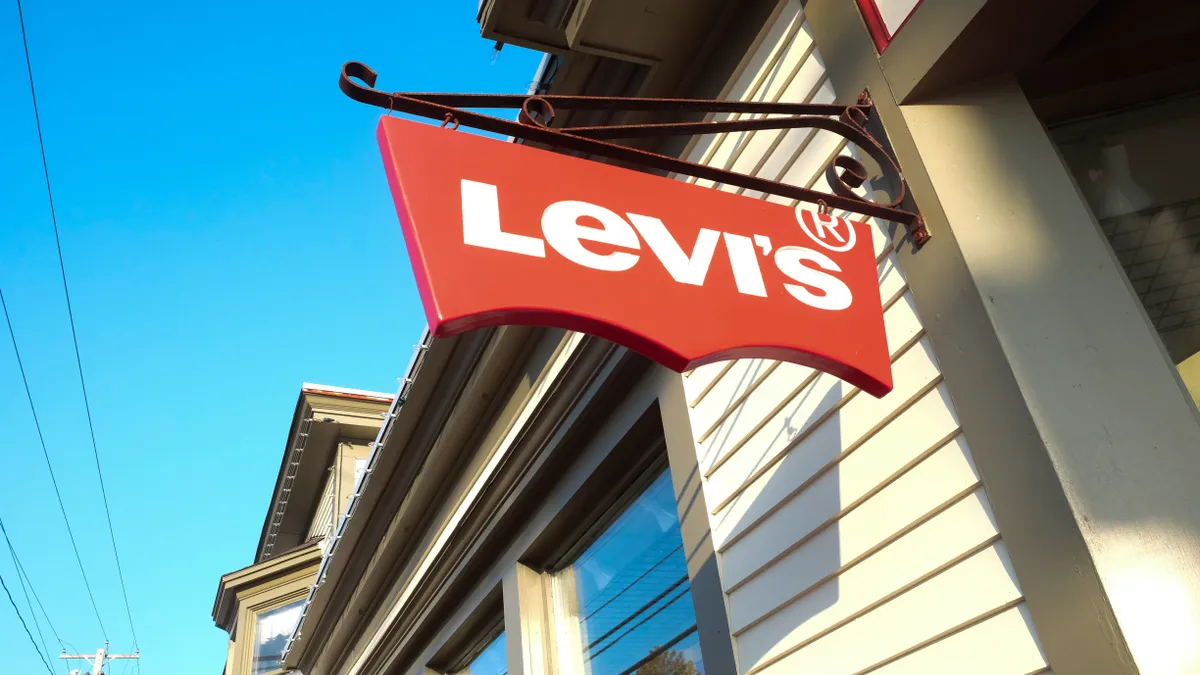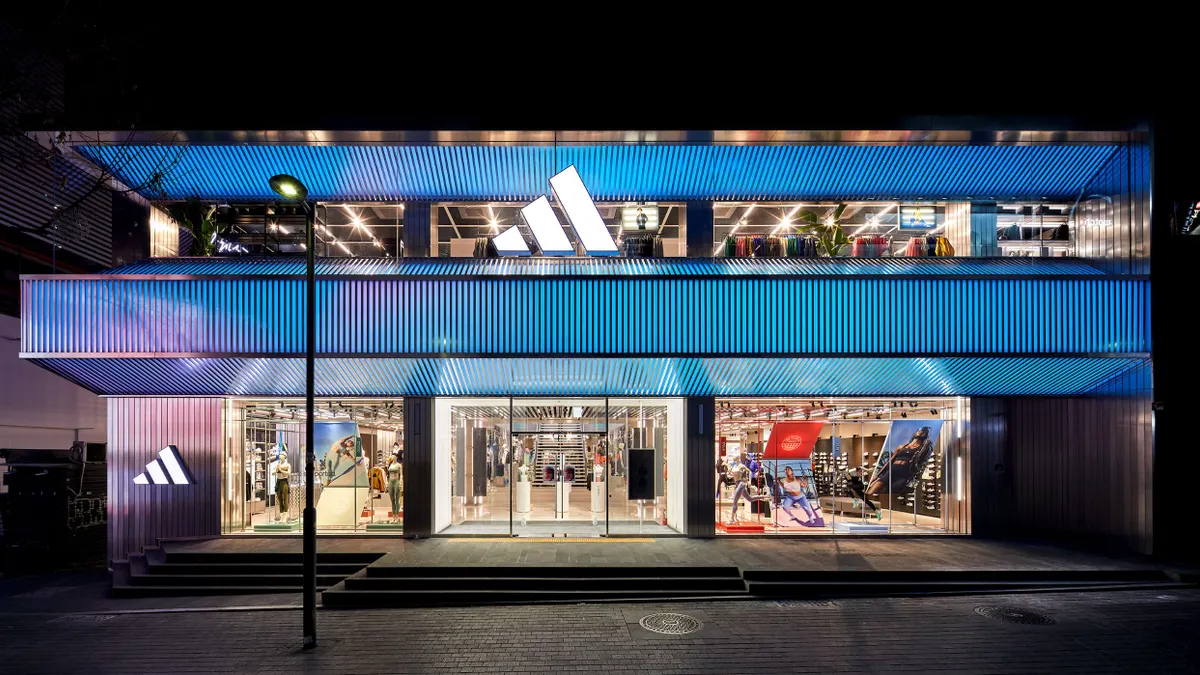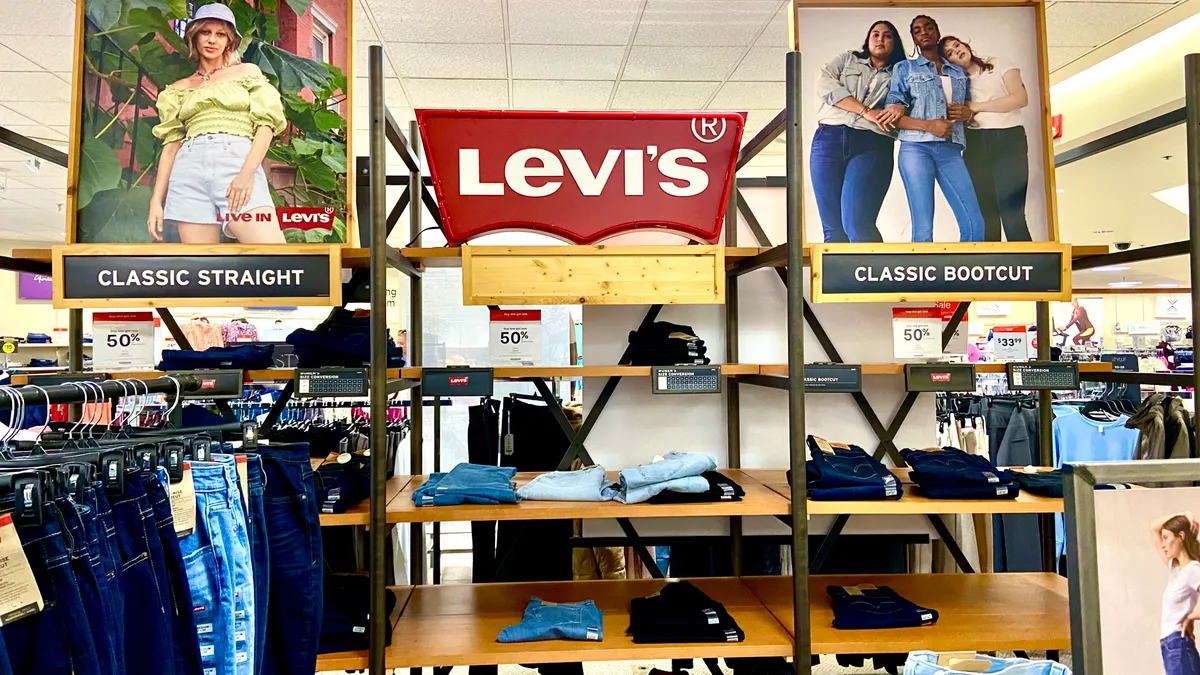If there was a time for Amazon to shine, a pandemic that has forced the temporary closure of nearly all physical stores would seem to be it.
Instead, on Tuesday, just days after CEO Jeff Bezos published his latest letter to shareholders, Amazon warehouse workers in the U.S. planned to walk off the job for the third time, due to what the Retail, Wholesale and Department Store Union (RWDSU) called "the company's lack of safety protocols during the COVID-19 pandemic."
That is just one way the e-commerce giant has faltered. While at first e-commerce seemed to be the automatic, almost magical solution to the problem of closed stores during the pandemic, that notion was quickly debunked. Even Amazon scrambled to fulfill online orders of household essentials and other items needed by people who were suddenly confined to their homes for pretty much everything.
Amazon took the unusual step of temporarily blocking the intake of some types of inventory to its warehouses. Its much touted one-day Prime shipping became a far-off notion. Amazon has also scrambled to tamp down on price-gouging by some of its sellers, stating that there is a zero tolerance policy and it is continuously monitoring its stores "through both automated and manual means and aggressively removing bad actors and offers."
It's not all terrible, especially considering the struggles of so many retailers during the crisis. The company is demonstrating operational prowess at an unprecedented time, and even an unusual level of transparency, at least with its sellers, according to Fahim Naim, a former category manager at Amazon and now founder and CEO of e-commerce growth consulting firm eShopportunity. "I think they've done pretty well in the U.S.," he said in an interview. "Certainly, communications with vendors and sellers has never been Amazon's strong suit. But they were upfront and very specific. It was pretty good from them."
That's shown up in its superior results in different measures. In the aggregate, for example, Amazon customers these days are spending nearly $11,000 each second, according to GlobalData analysts. In emailed comments from April 17, they also noted that the e-commerce giant's share price rose 5% from a previous high to $2,283 per share. Meanwhile, the company has had to hire thousands more workers to keep up with demand. And Prosper Insights & Analytics found that a year-over-year bump in U.S. Prime memberships to 52.4% from 45.2% in April last year "may be due to online shopping during COVID-19."
Still, while few analysts believe that Amazon is badly stumbling, some do believe there's room for improvement. And not of its shipping speed.
"Amazon has done well in this crisis," GlobalData Retail Managing Director Neil Saunders said in a phone interview. "The website hasn't fallen over, the logistics hasn't fallen over, and to keep something at that scale going is monumental. People like Amazon because it delivers to them, and because it fulfills great services. What Amazon isn't good at is the emotional side. Part of it is because Amazon is remote and doesn't run stores, but also because of how it's run. It isn't really run, in a way, by humans. The system knows where everything is, the humans don't."
All about tech
Anyone expecting Bezos to infuse his communications with the kind of heartfelt message like the one posted by Walmart CEO Doug McMillon to workers in early April doesn't understand Amazon's essential promise, which is to remove the pain of shopping for customers.
Hence the free shipping in two days, then even free shipping in one day, with a Netflix-quality level of streaming entertainment and other perks to soften the blow of the annual Prime fee, which helps make that level of convenience possible.
"Amazon is not a relationship brand, they are a brand in the business of reducing friction."

Matt Sargent
Principal, Sargent Up North
In fact, that's also reflected in Bezos's opening sentence to shareholders this year: "One thing we've learned from the COVID-19 crisis is how important Amazon has become to our customers."
A marketer may not have chosen that "one thing" as an opener, but that's probably what the data shows. After all, Amazon relies on technology, not human beings, to execute so well on its promise, says Matt Sargent, principal at consumer insight consultancy Sargent Up North.
"Where Target engages on an emotional level, Amazon engages on a practical level. Amazon is not a relationship brand, they are a brand in the business of reducing friction," Sargent said in a phone interview. "Where a retailer can have that relationship conversation, it's purposely not in Amazon's DNA. They're always going to address things with technology."
For example, Amazon may take many of the same steps as other retailers to help during the pandemic, but won't necessarily talk about it or use it as a way to connect with consumers, he said.
Mario Natarelli, managing partner at marketing agency MBLM, agrees, and calls Amazon's brand "kind of robotic in its sensibilities." But he also notes that for the past 10 years Amazon has nevertheless steadily risen to the top of MBLM's brand intimacy study, which measures emotional affinity toward brands, and in fact took the top spot this year.
That's partly because Amazon so thoroughly fulfills its promises and does so with an immense range of goods, and under-the-radar operations, Natarelli said. He predicts that Amazon will continue to take market share, even if it disappoints some during the COVID-19 crisis. "Maybe it's missing part of that humanistic element that we need right now," he said. "You would think it would be a moment to expand the attributes of the brand in warmer ways. But I don't think the brand is going to suffer because of whatever perception challenges they have."
Furthermore, Amazon enjoys broad support across age groups, with Gen Z demonstrating the most skepticism right now, he said. But Amazon may be able to expand gaming or take other steps meaningful to that group that could cement their loyalty, too.
Despite that, however, some analysts do see a need for change. Luke Gowland, thematic analyst at GlobalData, in emailed comments called Amazon "one of the few winners from the COVID-19 crisis," but sees trouble ahead if the company continues to have labor issues. Consumers globally are increasingly concerned about a company's social sustainability record, and that includes employee health and safety, he said. The company has already suspended operations in France over complaints regarding worker safety and management overreach, and such consequences could become costly, he warned.
In short, GlobalData's Saunders believes that, ultimately, Amazon should work on its human side. "They do need to infuse it with a bit of humanity," Saunders said. "I think they would agree with that."






















